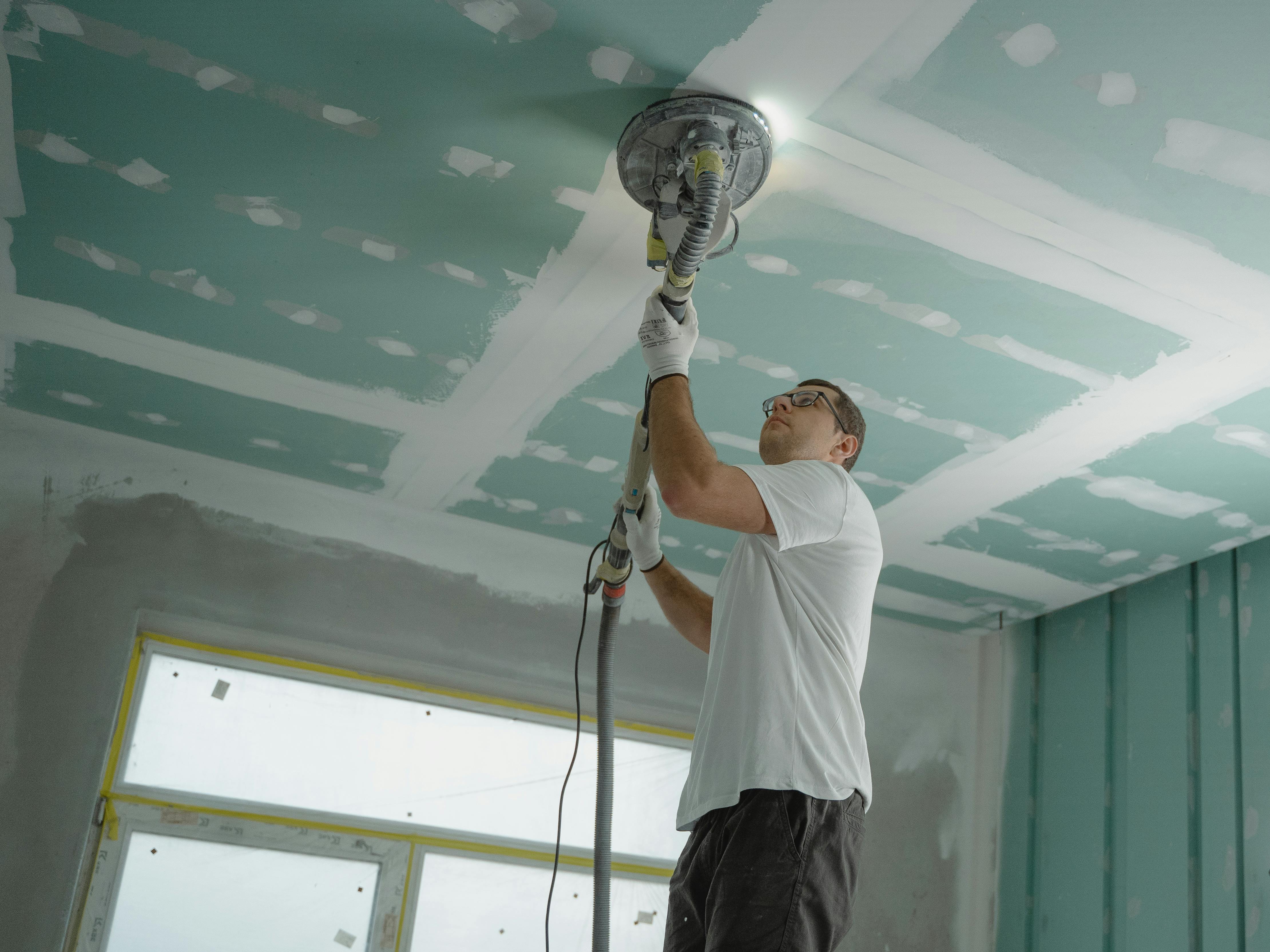
Introduction
Home improvement projects usually excite homeowners in the UK with the motivating promise of a new look, added comfort, or increased property value. However, amidst these exciting prospects lurk ‘cowboy builders,’ unscrupulous tradesmen keen on scamming unsuspecting homeowners. Recognizing the signs of a cowboy builder before you fall prey to their deceptive practices should save you time, money, and a great deal of stress. In this article, we explore how to spot a cowboy builder and provide essential tips to avoid home improvement scams in the UK.
Recognising Cowboy Builders: Red Flags to Watch Out For
A cowboy builder can be difficult to spot initially. After all, they present themselves as legitimate tradespeople. However, there are several red flags to watch out for. Cowboy builders in the UK typically lack a physical address or operate under a recently formed company. They offer incredibly low prices in comparison to standard market rates and pressurise homeowners into making hasty decisions. Most notoriously, they demand large upfront payments, often in cash, provide vague or incomplete contracts, exhibit poor communication practices, or don't offer any contract at all.
‘Too Good to Be True’ Quotations
One of the significant indicators of a cowboy builder is a quotation that seems too good to be true. A reputable tradesman will typically charge competitive rates to cover professional services, quality materials, and other essential costs involved in a home improvement project. If a builder offers to take on your project at an unbelievably low price or within an unrealistically fast timeframe, they might be a cowboy builder, and you should consider it a red flag.
The 'No Need for a Contract' Trap
Professional tradesmen understand the importance of a contract in any home improvement project. A contract stipulates the project's scope, timelines, payment terms, and both parties' rights and obligations, which makes provisions for any unforeseen circumstances. On the other hand, a cowboy builder might avoid drawing up a contract altogether, keep it vague or incomplete, or pressure you to skip the contract reading process. These are clear indications of potential fraudulent activity.
Large Upfront Payments
Requiring a large deposit or demanding the entire payment upfront is arguably the most significant sign of a cowboy builder. Reputable tradesmen usually work with a payment plan that aligns with completed work phases. Bake these warning signals into your discernment process when dealing with builders.
Recipe for Evading Home Improvement Scams in the UK
While acknowledging these red flags is crucial, a few proactive measures will go a long way in evading potential cowboy builders. Start by gathering recommendations from friends, family, or online review platforms. Do extensive research on prospective tradesmen, including checking for an established physical address, verifying company formation dates, and processing client testimonials. Be assertive in your dealing with builders; ensure contracts are comprehensive, and your payment plan aligns with work progress.
Remember to scout for accreditations from professional bodies such as the Federation of Master Builders and TrustMark. These accreditations don't offer bulletproof protection from cowboy builders, but they add a layer of credibility to a tradesman's profile.
Conclusion
Navigating home improvements in the UK can be a challenging endeavour, particularly with the looming threat of cowboy builders. Knowing how to spot a cowboy builder and proactively evading potential scams should make the process much smoother. Remember, if a deal appears too good to be true, it typically is. Keep your eyes open for red flags like an unrealistically low quotation, lack of contract, large upfront payment demands, and poor communication. By doing so, you're one step closer to accomplishing that dream home improvement project without falling prey to scams. Happy improving!